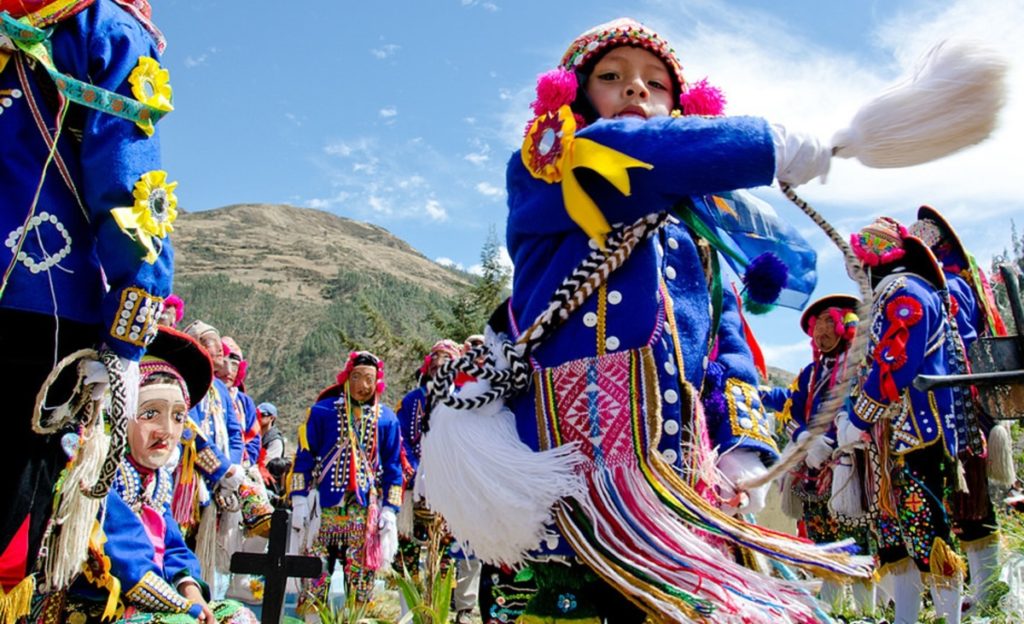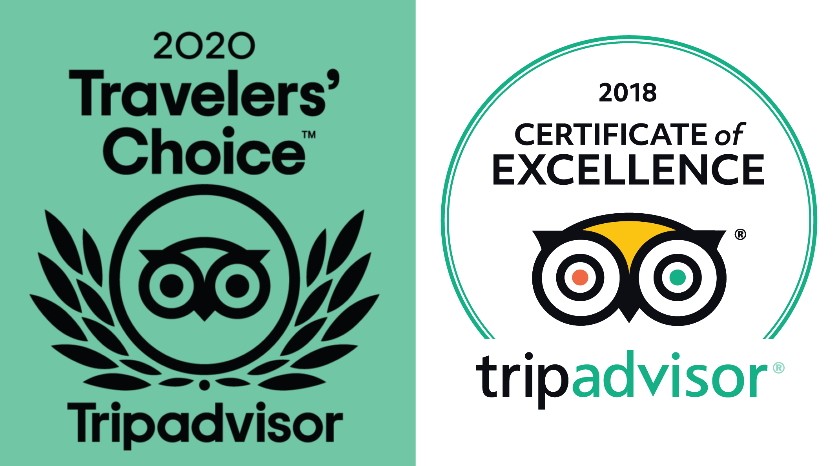Quechua in Peru
The Inca Language is Alive and Kicking Today
Did you know that the word ‘jerky’ originates from the Quechan word Ch’arki or Charqui, meaning dried flesh? This is likely to be not the only word in your vocabulary which is derived from the same fascinating Amerind language. Other examples include puma, quinoa, and quinine. Quechua (pronounced: Kech-wah) was the language of the Inca empire which was destroyed by the Spanish in the 16th century.
However, that is not to say that the language died with the Incas. These days, it is estimated to be the mother tongue of somewhere between 8 and 10 million people across Bolivia, Peru, Ecuador, Colombia, and Argentina. It is spoken by about 13% of the population of Peru and many of the Quechan speakers in South America do not even speak Spanish. Google even has its own search engine in Quechua!

The vitality of this language owes its thanks to the music, dance, festivals, and traditions still celebrated in South America. One of these festivals is Inti Raymi (Inti meaning Sun and Raymi meaning Festival) celebrated every year on June 24th. The celebrations take place in the city of Cusco with the ceremonies held exclusively in Quechua. The build-up begins at the turn of the month. It is bigger than Christmas!
Quechua is an interesting language and although I knew of it, I had never really given it much thought. Not until I began living in Cusco that is. I soon found myself at many a dinner table or social gathering where the conversation would drift between Spanish and Quechua and even mix into a form of Quechuañol (Quechua and Spanish). I am proud to say I have picked up a few words and much to the delight of Peruvians; I even manage to use them in day to day conversation.
While walking the tourist drenched streets of Cusco, you will often hear the throat produced glottalized sounds characterized by Quechua. It is mainly made up of consonants, utilizing only three vowels; a, i, and u. Learning this language does not involve only learning new words and grammar. It allows you a much deeper insight into the culture, ideas, and sense of humor of the Andean people. I end this article with a few useful and not so useful Quechan phrases (the insults are my favourite!):
Hello – Rimaykullayki / Napaykullayki
How are you – ¿Allillanchu?
Fine, and you? – Allillanmi. ¿Qamrí?
What’s your name – ¿Imataq sutiyki?
Do you speak English? – Inlista rimankichu?
My name is… – Sutiymi kan…
Ñuturuna – a very small person
Rupaqsiki – A very good looking woman (not exactly a compliment!)
Chakasapa – A person with big feet
Iskay uya – two-faced
Opauya – face of an idiot
Umasapa – A person with a large head

